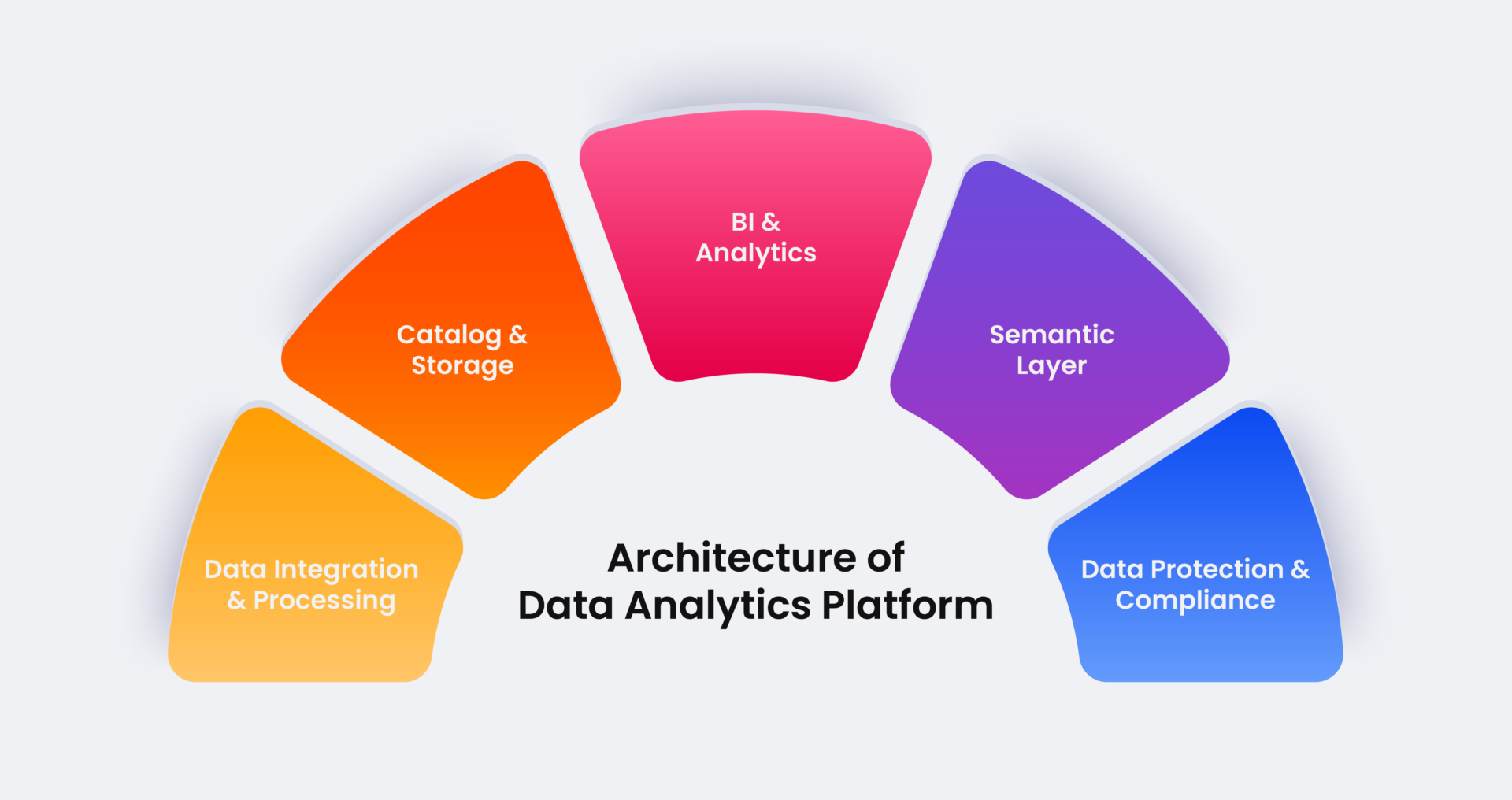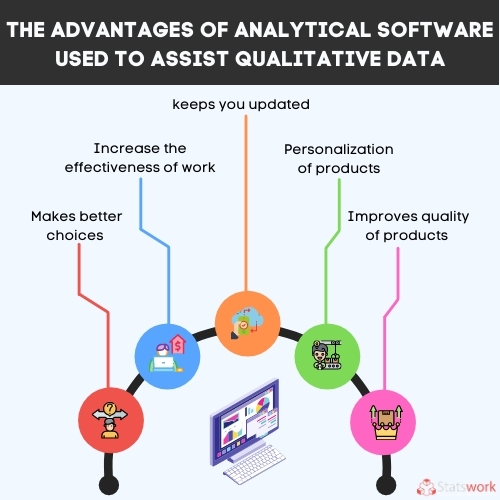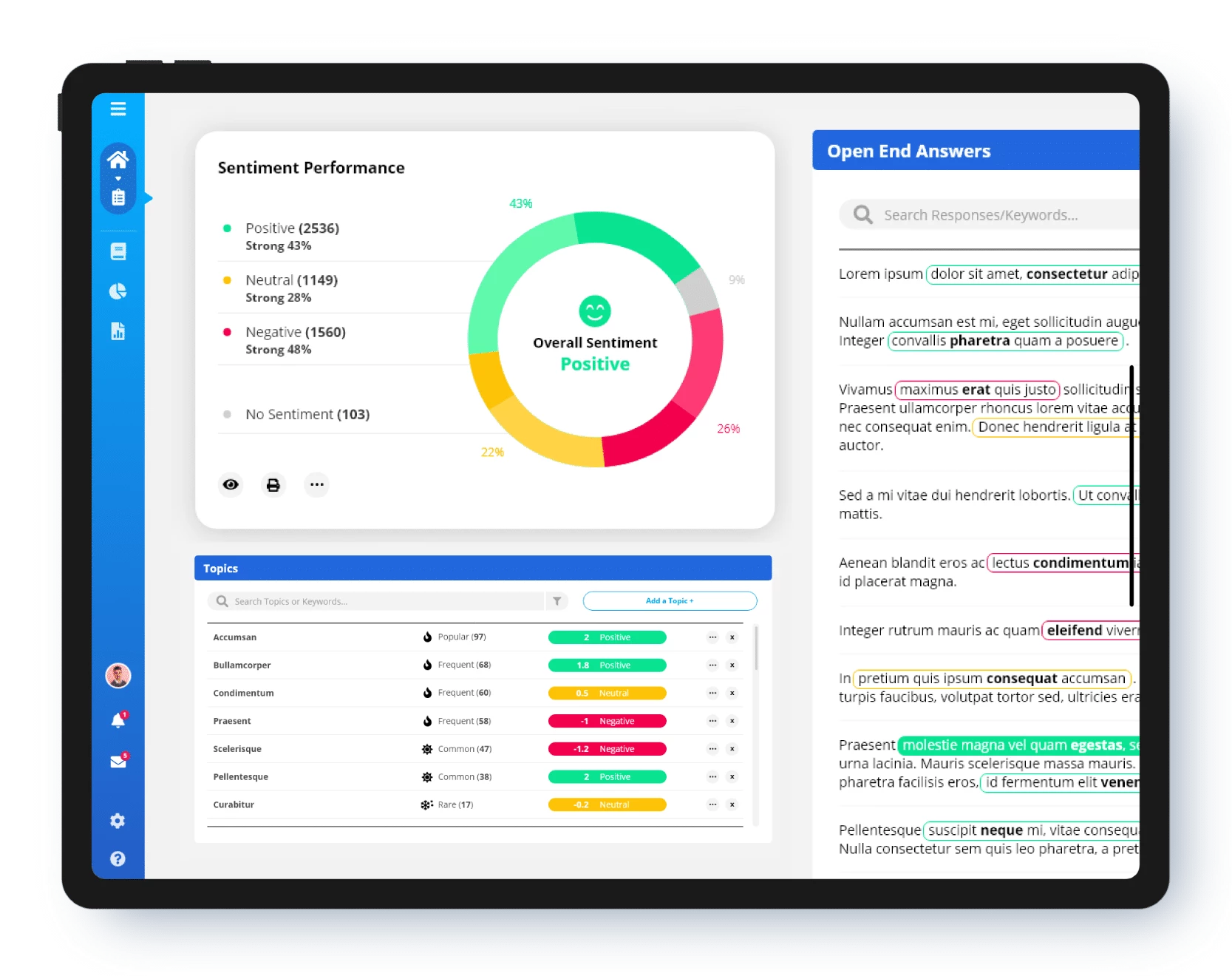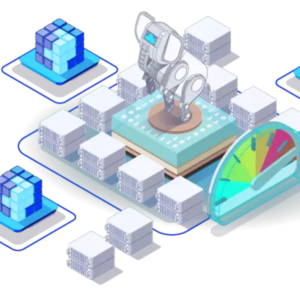In the current digital landscape, businesses are inundated with vast amounts of data generated from a myriad of sources. This data is not just a byproduct of operations; it holds critical insights that can drive strategic decisions, enhance products, and refine services. However, managing and making sense of this complex and voluminous data is a significant challenge. This is where the importance of a robust data analysis platform becomes evident.
 Understanding Data Analysis Platforms
Understanding Data Analysis Platforms
A data analysis platform is a comprehensive software solution designed to help businesses effectively collect, store, and analyze their data. These platforms integrate various data sources and present the information in an intuitive, visually engaging format. By offering tools like data visualization, predictive analytics, and machine learning, data analysis platforms empower businesses to extract actionable insights quickly and accurately.

Why Data Analysis Platforms Matter
There are numerous benefits to using a data analysis platform in today’s business world. Here are a few key advantages:
- Streamlined Data Management: In today’s fast-paced business environment, managing large datasets manually is not only time-consuming but also prone to errors. A data analysis platform centralizes all data, simplifying management and ensuring data integrity. This centralization reduces the need for repetitive manual entry, thus minimizing errors and saving valuable time.
- Enhanced Data Visualization: Data analysis platforms transform raw data into clear, visual formats such as charts, graphs, and dashboards. Humans are naturally inclined to process visual information more effectively, making it easier to discern patterns, trends, and correlations within the data. This capability is crucial for businesses aiming to make informed, data-driven decisions.
- Real-Time Decision Making: The ability to analyze data in real time is a game-changer in today’s business world. Data analysis platforms provide up-to-the-minute insights, enabling businesses to respond swiftly to changing market conditions or operational challenges. This real-time analysis can be the difference between seizing an opportunity and missing out in a competitive landscape.
- Cost Efficiency: Beyond just offering insights, data analysis platforms can significantly reduce operational costs. By pinpointing inefficiencies, businesses can streamline their processes, leading to cost savings. Additionally, these platforms enable more precise targeting in marketing and sales efforts, improving return on investment (ROI) by reducing waste.
Practical Applications of Data Analysis Platforms
A data analysis platform can be beneficial to businesses in several ways. Here are some common use cases:
 Market Intelligence
Market Intelligence
Businesses can leverage data analysis platforms to gain a deeper understanding of market trends, customer behaviors, and competitor strategies. This intelligence is invaluable for making strategic decisions in product development, pricing, and marketing, ensuring that businesses remain competitive.
Operational Efficiency
By analyzing data from sales, inventory, and customer feedback, businesses can identify bottlenecks and inefficiencies in their operations. Data analysis platforms provide the insights necessary to optimize workflows, reduce costs, and enhance overall customer satisfaction.
Risk Mitigation
A key advantage of data analysis platforms is their ability to help businesses anticipate and prepare for potential risks. By analyzing data on customer complaints, product performance, and market shifts, businesses can proactively address issues before they escalate, safeguarding their operations.
Customer Understanding
Gaining insights into customer preferences and behaviors is essential for delivering personalized experiences. Data analysis platforms enable businesses to delve into demographic data, purchase histories, and online behaviors, helping to tailor products, services, and marketing strategies to meet customer needs more effectively.




